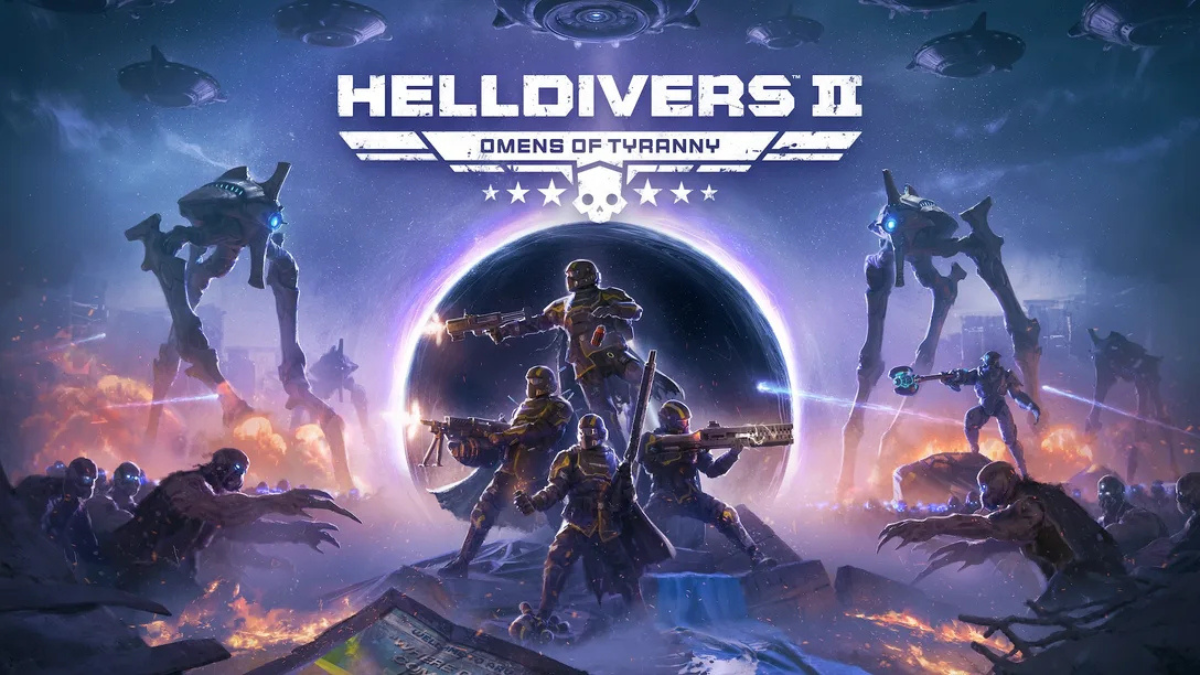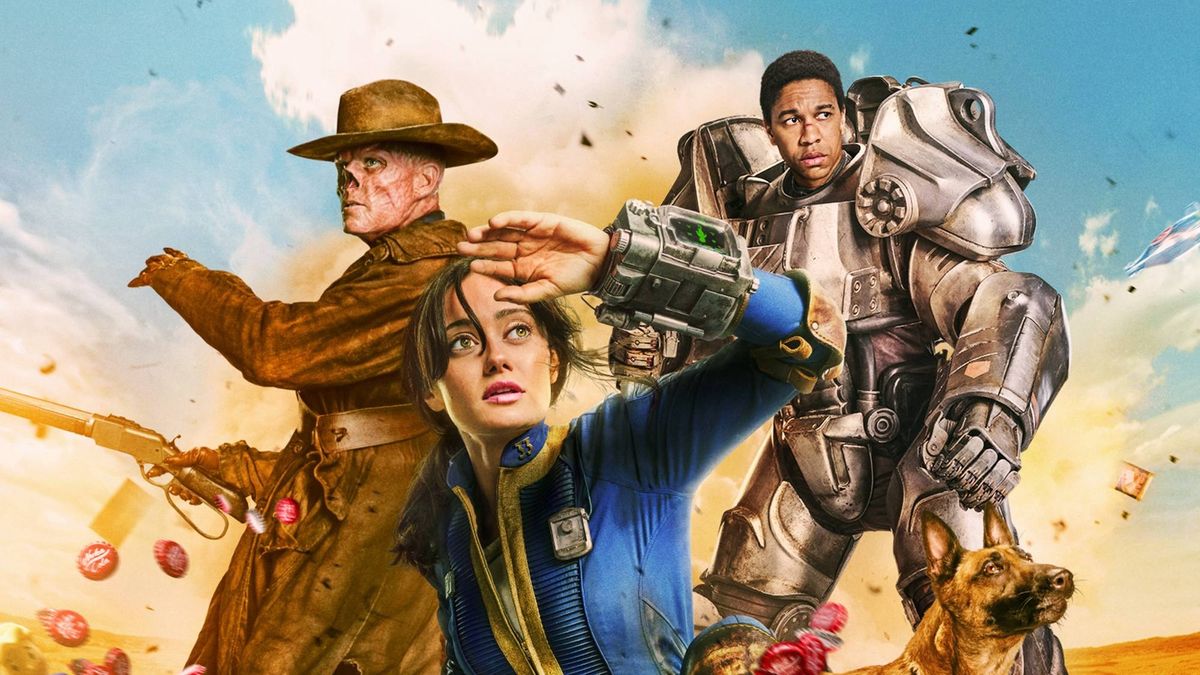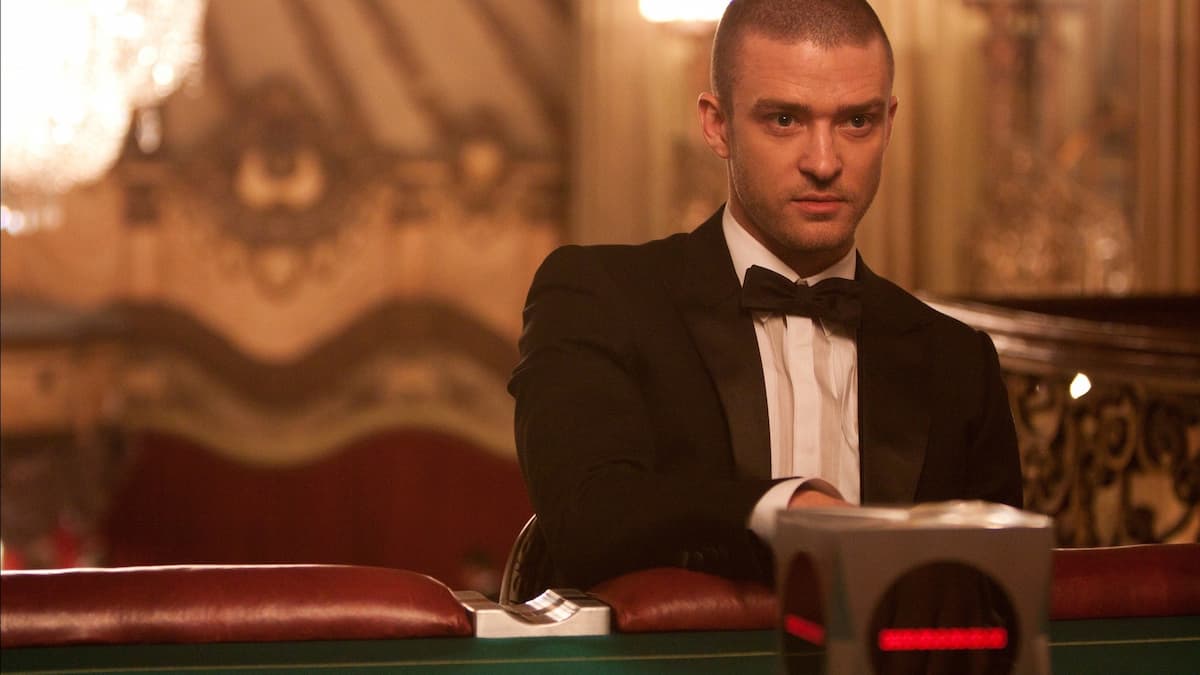After less than two full days on the App Store, Wordle – The App, which is not Wordle, the popular browser-based word-guessing game everyone is actually playing, was removed from the App Store for iOS following a viral backlash against the app developer’s perceived swindle.
Recent tweets from Zachary Shakked, who did not respond to WGTCs request for comment ahead of our previous story, illuminate some of what happened behind the scenes of The App’s development.
In a Twitter thread early this morning, Shakked shares that he knew he was riffing off of Josh Wardle’s eponymous Wordle, but that he didn’t see The App as committing any serious transgression. “Worlde is a ripoff of another game,” he tweeted, “the word isn’t trademarked and there’s a bunch of other unrelated word apps named the same thing.” So, he set out to make a monetized app over the weekend.
And sure, Wordle is inspired by many older word games, including the not-so-old TV game show Lingo, but the shared name and color scheme had many seeing ill intent, mimicry, and even forgery. But Shakked says he was already working on a new UI for his app: “I used a similar UI because I made the app in a WEEKEND.”
He’s also been criticized for monetizing the game which was very intentionally designed to be played for free (by Wardle’s partner no less). A Wordle Pro subscription offered players unlimited games a day, versus Wordle’s hallmark word-a-day pacing, as well as difficulty modes — all for $29.99 a year.
“This is how businesses work. You charge money. If it’s too much, people won’t pay. In this case, many people were willing to start a trial.” The subscriptions began with three-day free trials, so there would not have been enough time for any of the subscriptions to take effect. “I put subscriptions in every app I do,” Shakked said, “That’s how you make money on the App Store. It was optional, it wasn’t $9.99/week, and nearly 50k+ people happily didn’t pay.”
Shakked also shared some of the harassment he, unfortunately, received in addition to criticisms.
While the developer attempted to assuage ire with apologies and clarifications, many are not moved. And that’s partly because of what else Shakked shared today. In another thread, he said he had spoken to Wardle, who wanted no involvement in The App but remained undeterred:
And while that may have soothed some tensions, a follow-up Tweet complicated the admission “When he informed me that he wasn’t interested in that, I told him I would consider changing the name and was looking at other options when Apple removed the app.” So, Shakked’s timeline of events suggests that he reached out to Wardle only after the viral backlash.
There are still many apps with the name “wordle”, including some clearly going for the color scheme and imagery of Wardle’s game, but most of these are older word games that have been on the storefront.
Shakked, meanwhile, is in the process of appealing Apple’s decision to remove the app from its digital storefront.





Published: Jan 12, 2022 05:12 pm